EV myths busted: Are electric vehicles safer than gas-powered cars?
Drive Electric
SEPTEMBER 19, 2022
Electric vehicles have historically received a bad reputation for concerns around safety. Issues like thermal runaway, electrocution, and reports of inextinguishable fires plagued the pioneering electric vehicles. Useful terms: Internal Combustion Engine Vehicle (ICEV) and Electric Vehicle (EV). In fact, EVs have just 25.1

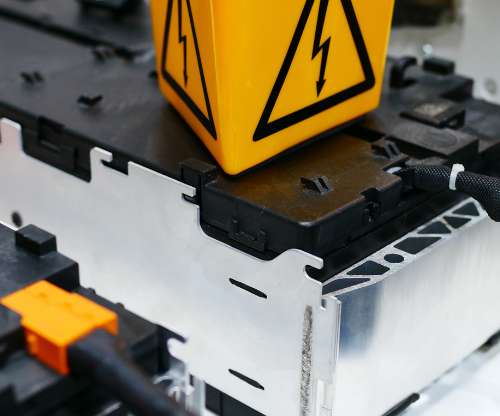
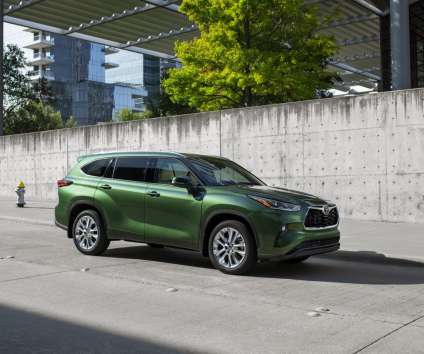




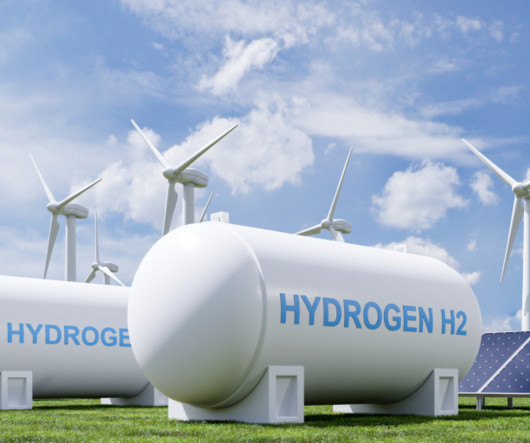

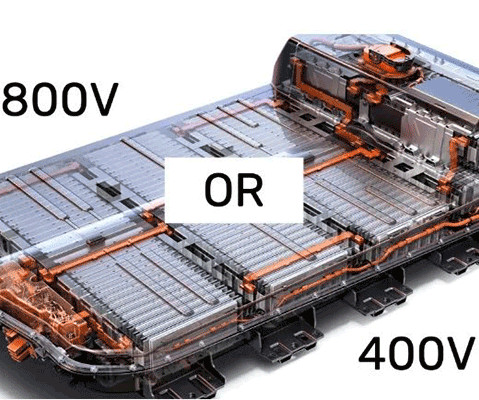





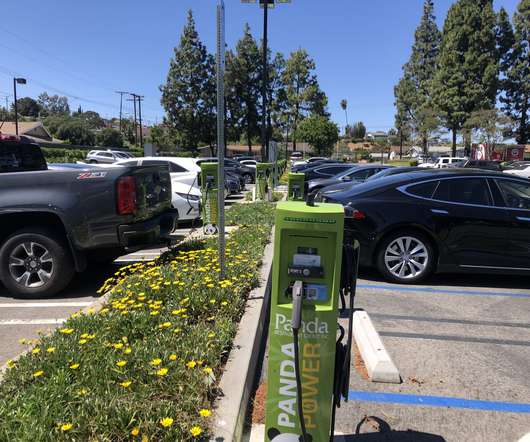






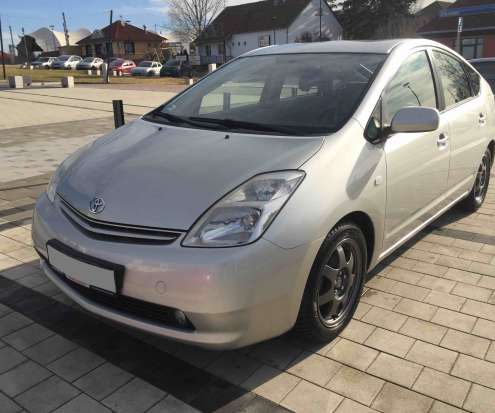

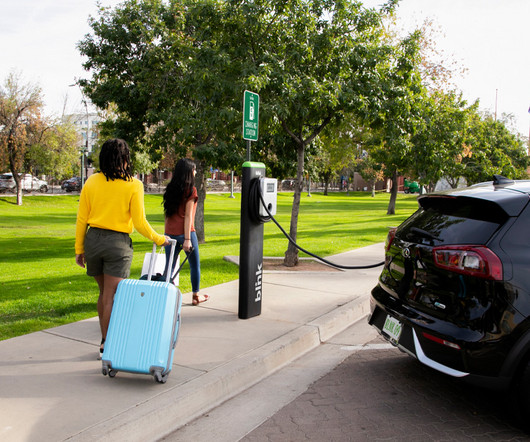

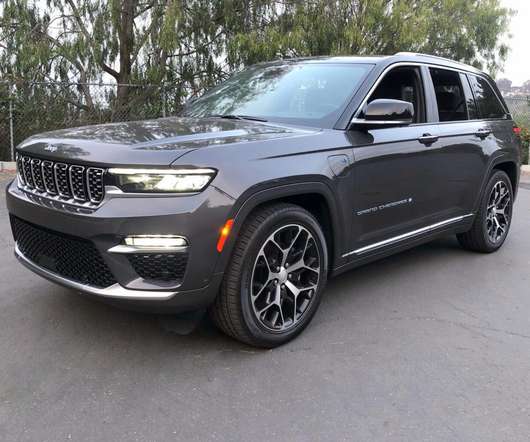

















Let's personalize your content